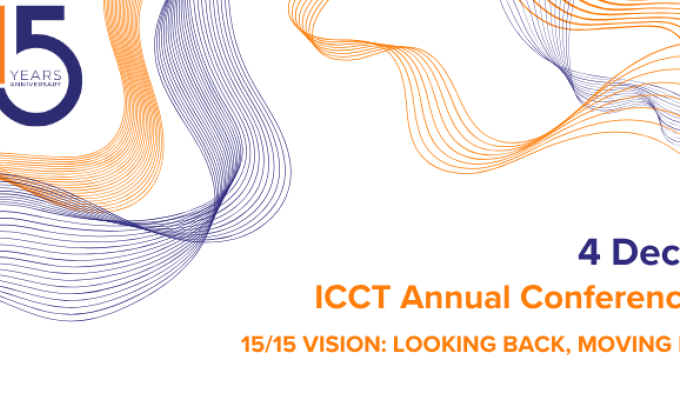IS’s proven ability to appeal to Western women to support jihadist activities and travel to the self-proclaimed Caliphate has sparked debate on why women support politically-motivated violent movements. Much of this discourse is dominated by studies that focus on social media accounts to understand what motivates female support. This Policy Brief seeks to offer nuanced insight into how IS recruits Western women by analysing IS propaganda appeals to female audiences. It does so by applying a detailed qualitative narrative analysis to the contents of all fifteen issues of Dabiq magazine, an official English language magazine of Al Hayat Media Centre. Based on these findings, it offers three strategic recommendations for policy practitioners. It argues that it is essential for counter-terrorism strategic communications to be paired and synchronised with community-based initiatives. They must seek to challenge IS’s legitimacy, address negative grievances and identity appeals which resonate with IS’s audience and empower, not trivialise, women.
How to cite: Kiriloi M. Ingram, "IS's Appeal to Western Women: Policy Implications," The International Centre for Counter-Terrorism – The Hague 8, no. 4 (2017). DOI: http://dx.doi.org/10.19165/2017.2.04








